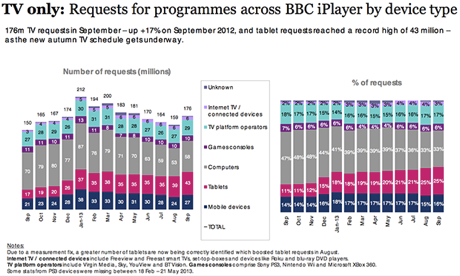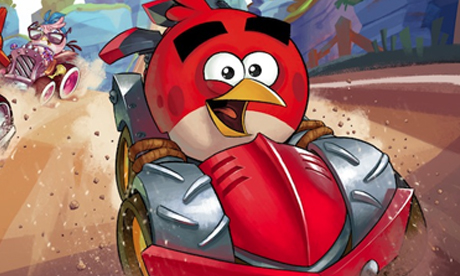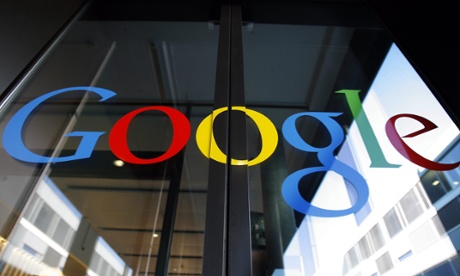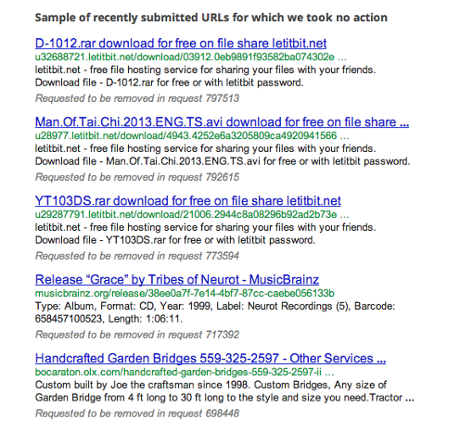Metro website traffic soars by a third as mobile revamp pays off. Site's daily browsers rise to 737,176 in September, as Mirror network loses many of gains made after launch of Sun paywall...

Metro website: had a mobile-friendly redesign in January
The free newspaper 'Metro' has reported the third in daily and monthly website browsers in September as it's redesigned mobile presence paid off. The site reported a 33.38% leap in daily browsers in September to 737,176 according to the latest Audit Bureau of Circulations figures. The monthly browsers rose to 32.19% as the redesign of the mobile presence and social media referrals increased. "I'd attribute the increase to a team dedicated to delivering a great user experience through both technology and content," said Metro's chief customer officer, Dominic Rowell. "The initial catalyst was the mobile-first redesign in December 2012 which has led to an audience increase of 177% since January. During this period, mobile audience has increased by 225% and social media referrals have gone up fivefold – which we attribute to the improved user experience as well as a focus and frequent promotion of socially-shareable content designed with mobile and our urban audience in mind." After Rupert Murdoch introduced a website paywall the proportion of readers started to decrease as the Sun newspaper online hunted for a new digital home which was a disadvantage to them as the Metro attracted the audience more.
- The Trinity Mirror network of national newspaper websites – which includes Mirror.co.uk, 3am.co.uk and MirrorFootball.co.uk – saw daily browser numbers fall 13.2% month on month in September to 1,502,979. Monthly browser numbers fell 9.57% to 34,416,732.
- This compares with MGD's pre-Sun Online pay wall figures of 1.45 million daily browsers and 29.75m monthly browsers in July.
- Daily Mail & General Trust's Mail Online is a whisker away from passing the 150 million monthly browser mark, with a 6.2% increase over August pushing numbers to 146,233,786 in September. Daily browser numbers rose 5.4% to 9,490,332.
- Independent.co.uk had a solid month, with daily browsers up 6.6% on August to 1,380,673, and monthly browsers up 7.75% to 29,770,594.
- Telegraph.co.uk rose 2.96% in daily browser number terms to 3,200,388; monthly browsers increased 4.49% to 63,061,086.
- Guardian News & Media's website network, theguardian.com, increased its daily browser figure by 1.78% month on month to 4,600,140; its monthly figure shrank slightly by 0.48% to 83,116,532.
Mail Online
Daily average browsers: 9,490,332
Month-on-month change: +5.4%
Year-on-year change: +49.06%
Monthly browsers: 146,233,786
Month-on-month change: +6.2%
Year-on-year change: +44%
Theguardian.com
Daily average browsers: 4,600,140
Month-on-month change: +1.78%
Year-on-year change: +26.61%
Monthly browsers: 83,116,532
Year-on-year change: +27.22%
Telegraph.co.uk
Daily average browsers: 3,200,388
Month-on-month change: +2.96%
Year-on-year change: +19.42%
Monthly browsers: 63,061,086
Month-on-month change: +4.49%
Year-on-year change: +22.67%
I think the Metro newspaper online is doing very well in terms of audience as they have audiences subscribing to them as a free provider. The online version has redesigned their mobile presence and improved their site with more social stories attracting a large demographic making them more popular. The sun newspaper have lost audiences as Rupert Murdoch has introduced a paywall for it's subscribers which could be a negative point to some audiences whereas a working class audience would be able to afford the paywall everyday. Most audience would like their news free therefore would subscribe to a free provider than paying for one such as a young audience who would like to get free things.





